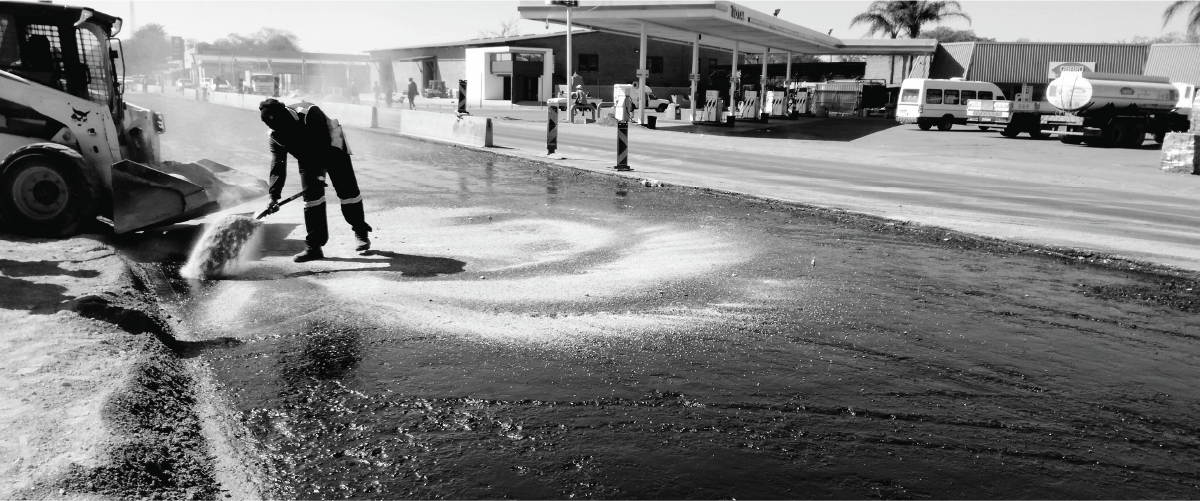Our Services
Engineering solutions that make a difference in South Africa.
preventing the spread of water-borne diseases, and improving the overall quality of life in communities. Civil engineers play a key role in designing and implementing water supply and sanitation systems, including pipelines, treatment plants, storage facilities, and wastewater management systems.
They are also responsible for ensuring that these systems are maintained and upgraded to meet evolving needs and technological advancements. Through their work in water and sanitation services, civil engineers are helping to create healthier, safer, and more sustainable communities for people around the world.
Civil engineers in these fields are responsible for designing and implementing mining operations, including excavation, processing, and waste disposal systems. They work to ensure that mining activities are conducted safely and sustainably, with a focus on minimizing water and air pollution, preserving natural habitats, and reducing greenhouse gas emissions.
Environmental engineers in mining also play a key role in managing environmental risks associated with mining activities, such as acid mine drainage, erosion, and soil contamination. They develop and implement strategies to mitigate these risks and restore affected ecosystems. Through their work in mining and environmental engineering, civil engineers are helping to balance the need for economic development with the imperative of protecting our planet for future generations.
Infrastructure includes transportation systems such as roads, highways, railways, airports, and seaports; water supply and sanitation systems such as dams, reservoirs, pipelines, and treatment plants; and energy systems such as power plants, transmission lines, and distribution networks.
Civil engineers in this field work to ensure that these systems are efficient, safe, and sustainable, and able to meet the needs of communities and businesses.
Civil engineers use GIS to analyze and visualize complex spatial data, including topography, land use, infrastructure, and environmental factors. This data can then be used to inform a range of civil engineering projects, from transportation planning to site development to disaster response.
GIS services also enable civil engineers to create accurate maps, identify spatial patterns and relationships, and model potential scenarios. Through their use of GIS services, civil engineers are able to make more informed decisions, optimize project outcomes, and minimize the impact of civil engineering projects on the environment.
Civil engineers in this field use their knowledge of materials, mechanics, and structural analysis to ensure that buildings and structures are safe, durable, and able to withstand different types of loads and environmental conditions.














